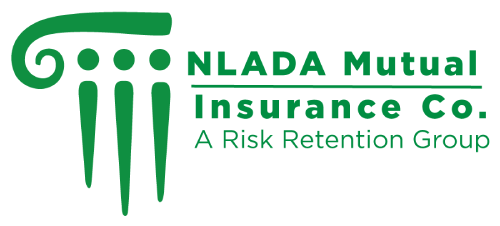The first in a two-part series designed to advance civil legal aid partnerships with health centers funded by the U.S. Department of Health & Human Services.
Session one of this series talks about cultivating relationships with likely and unlikely allies, both within and outside of the criminal justice system, in support of defender offices' budget initiatives.
The second in a two-part series designed to advance civil legal aid partnerships with health centers funded by the U.S. Department of Health & Human Services.
This webinar provides information for those interested in the federal Citizenship and Integration Grant Program, which in 2015 will provide $10 million for citizenship preparation programs.
Session two of this series focuses on the data defenders should collect and analyze for the purposes of budget advocacy, especially in support of budget initiatives.
Launched early in 2015, the Capital Area Private Defender Service is the managed assigned counsel system for Travis County, Texas, replacing an ad hoc assigned counsel system run by the judiciary.
Session three of this series details best practices in persuasive presentation to policymakers or potential funders.
Expert Panel from the U.S. Department of Justice and U.S. Department of Education to Discuss Civil Rights Enforcement Actions to Dismantle the School-to-Prison Pipeline
Topics: an overview of the types of indigent defense service providers, how to identify and interact with faculty mentors and agency research partners, development of important and viable research questions, study protocol and data collection instrument design, issues with utilizing secondary data, and concerns with data confidentiality.
Defenders often ask how can data help their programs and what technology they need for analysis. A new toolkit will help defender managers identify their current level of technology and analytics capacity, and understand the potential for growth.

